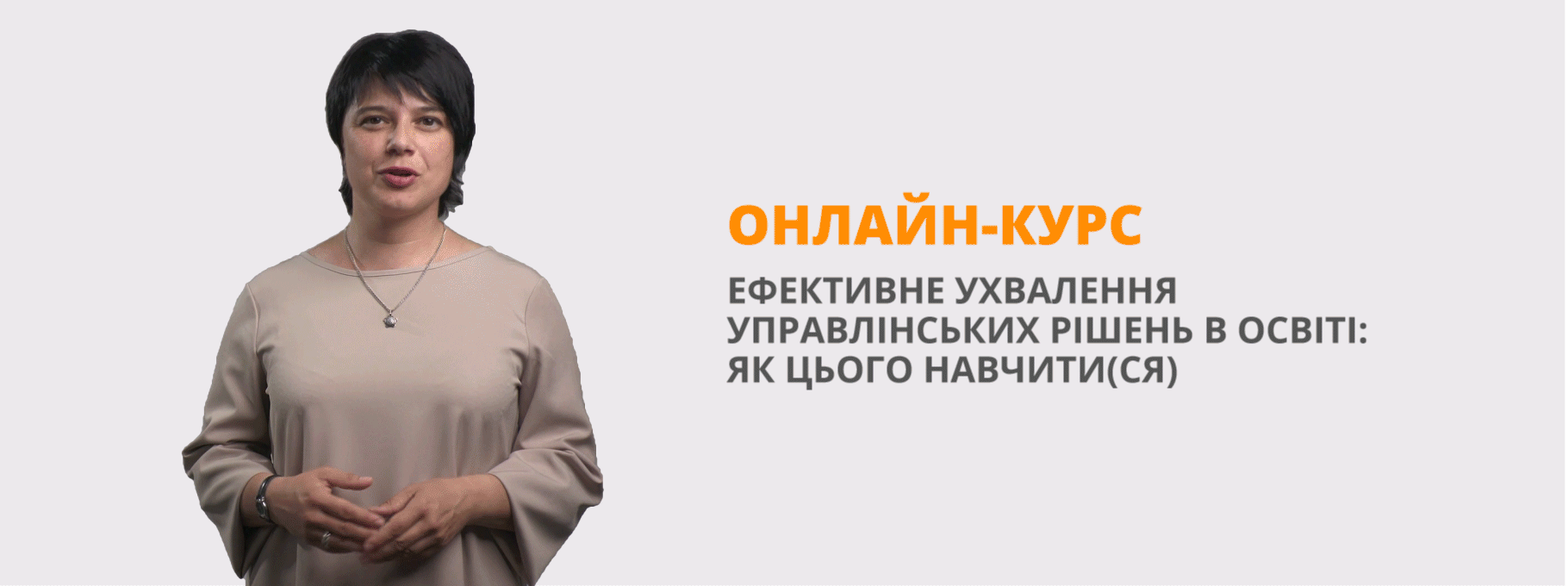Підсумкова робота з англійської мови за темою "Спорт, ігри та активності. Інтернет" до підручника Prepare
Name_____________________________________________________________________
Diagnostic Test (Sports, games and activities / Useful websites)
Group of results 1
LISTENING
1. Listen to a conversation about booking a badminton court. Circle the correct ending for each statement.
1 The man books a court for … .
a) Thursday afternoon
b) Saturday morning
c) Wednesday evening
2 The man books the court for … .
a) 9 p.m.
b) 11:15 a.m.
c) 8.30 a.m.
3 The badminton court costs … .
a) $35
b) $25
c) $15
4 New Town leisure center is the … .
a) most convenient in the area
b) oldest in the area
c) newest in the area
5 The man books court number … .
a) 13
b) 3
c) 30
6 The man books a … .
a) normal-sized court
b) big court
c) small court
7 The center accepts … .
a) cash and check only
b) cash, check, and debit card
c) cash, check, and credit card
8 The man pays … .
a) by check
b) cash
c) by debit card
READING
1. Complete the sentences with the correct form of the verbs below.
cause do express get have make provide take part in use
1 I often …………………………… online games like Minecraft with my friends.
2 Video games can …………………………… many benefits, such as improving memory and creativity.
3 The scientists …………………………… a lot of research on the topic and published the results yesterday.
4 I prefer to …………………………… a smartphone rather than a computer.
5 Video games can sometimes …………………………… a positive effect on teenagers.
6 The amount of violence in video games can …………………………… concern for a lot of parents.
7 Newspapers sometimes claim that video games are bad for children, and parents often …………………………… the same opinion.
8 Playing computer games in groups can help you to work together with other people and to …………………………… decisions more quickly.
9 Do you think playing computer games helps you to …………………………… better grades?
2. Read the text and answer the questions.
1 What does Jenny do? ……………………………
2 Which country did she visit? ……………………………
3 What kind of natural disaster did Jenny experience in 2011? ……………………………
STAYING SAFE
When you ask more people about the benefits of apps on their smartphone, they say they use them to play games, surf the net, keep in touch with people and organise social events. But Jenny Harlow, a scientist from London, has got an app that does something much more important: it warns her when she is in danger. The app is called Safety Tips and it gives users real-time earthquake and tsunami warnings. The Japan Tourist Agency had the idea for the app after the 2011 earthquake in Japan, when many foreign tourists in the country were confused about what was happening and what they should do. Jenny was on a business trip to Japan when the earthquake struck. ‘Although there are a lot of earthquakes in Japan, it was the first time I experienced one. All the warnings and information on the internet, radio and TV were in Japanese, and I couldn’t understand. It was really confusing and I didn’t know what to do.’ She had to rely on Japanese colleagues to help her.
The Safety Tips app sends an alert to users when a major earthquake happens, and also tells them if a tsunami is likely to arrive at the coast. The app gives lots of tips about what to do, where to go and how to stay safe, as well as a list of useful Japanese phrases such as ‘Is this an earthquake?’ and ‘Is it safe here?’ Importantly, all the information is in English, and there are plans to add other languages. The Japan Tourist Agency plans to advertise the app at airports and tourist information centres in Japan. In order to get the app, people visit a website and download it. ‘I’m coming to Japan again next year and I will definitely watch out for alerts from the app,’ says Jenny.
3. Read the text again and choose the correct answers.
1 According to the text, most people
a) don’t value apps very highly.
b) don’t know what the main benefits of apps are.
c) use apps mainly for fun and social situations.
d) think apps are useless in dangerous situations.
2 The main purpose of the Safety Tips app is to
a) prevent an earthquake like the one in 2011.
b) warn people who are visiting Japan about earthquakes.
c) warn Japanese people about earthquakes.
d) warn business people about earthquakes.
3 Jenny had problems
a) because no one told her what to do after an earthquake.
b) because she couldn’t understand the advice on Japanese media.
c) because there was no information for tourists about what to do in an earthquake.
d) because her Japanese colleagues didn’t know what to do.
4 At the moment, the app
a) is available in a number of languages.
b) is available at airports and tourist information centres.
c) warns about earthquakes but not about tsunamis.
d) is in English, with Japanese phrases.


про публікацію авторської розробки
Додати розробку
